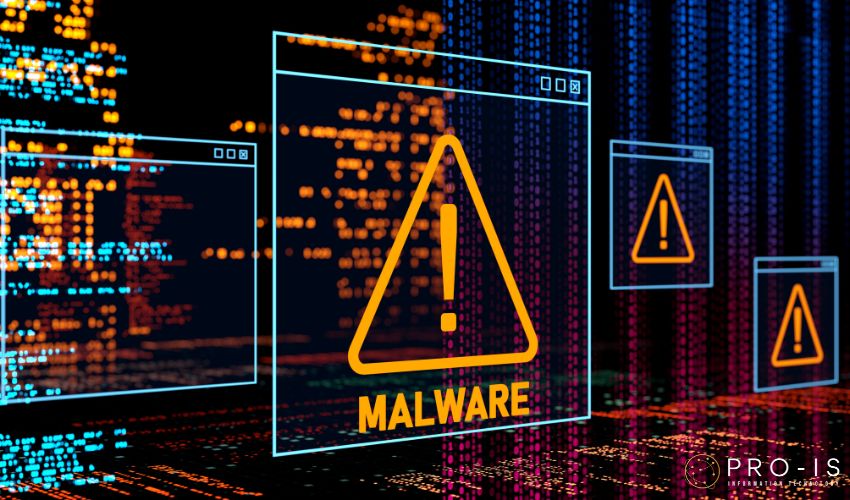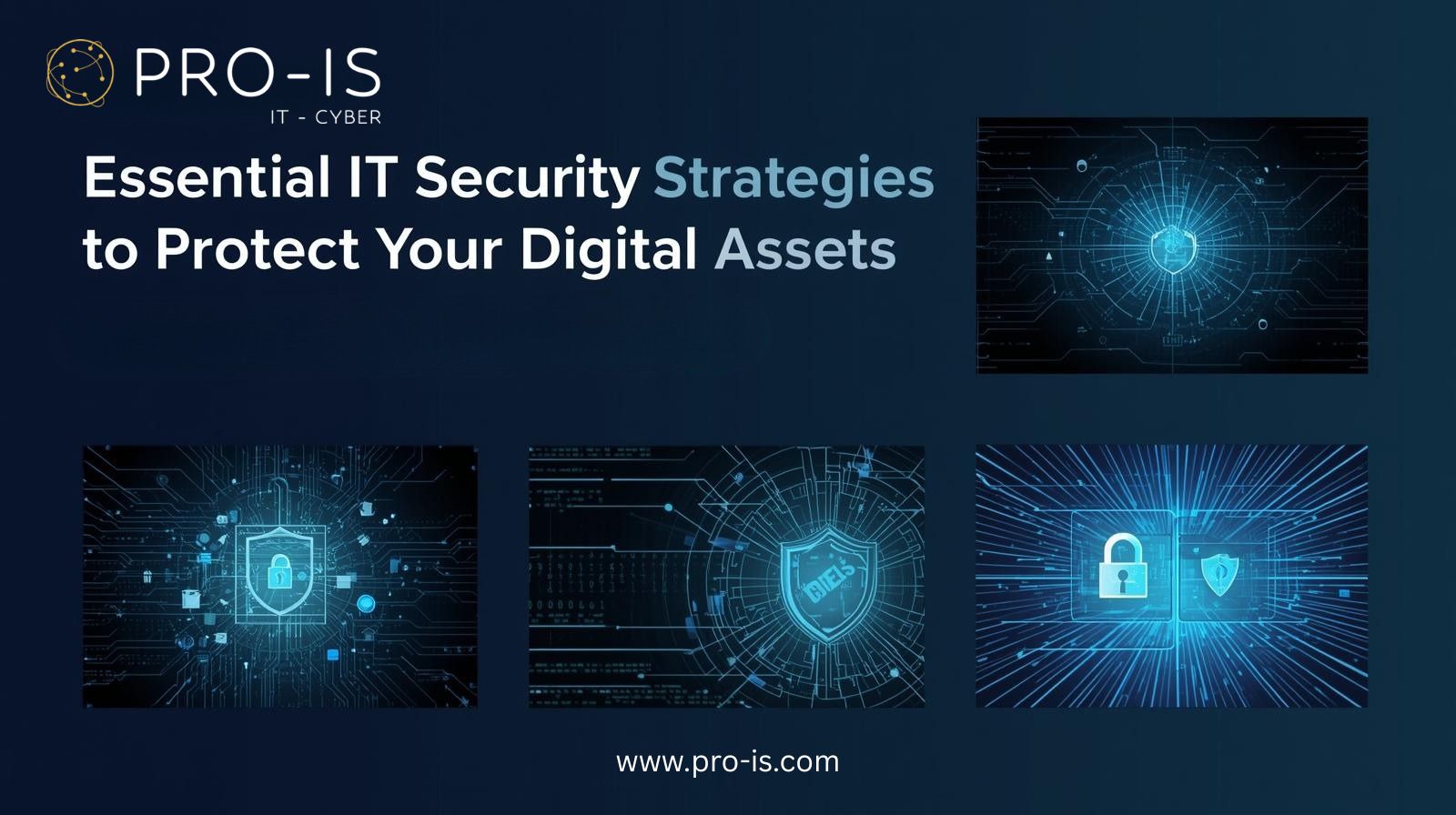Overview of Current Cybersecurity Landscape
As cyber threats continue to evolve, Colorado businesses must remain vigilant. Discover the top cybersecurity challenges they’ll face in 2026 to protect their assets and data. In recent years, the cybersecurity landscape has become increasingly complex and challenging for businesses across Colorado. With the rise of digital transformation, companies are more reliant on technology than ever before. This dependence has, unfortunately, made them prime targets for cybercriminals who are constantly developing new tactics to exploit vulnerabilities. The current landscape is characterized by a high frequency of attacks, sophisticated malware, and an ever-evolving array of threats that can compromise sensitive data and disrupt operations.
Organizations in Colorado, ranging from small businesses to large enterprises, are grappling with various cybersecurity issues. One of the most significant challenges is the sheer volume of attacks. Reports indicate that cyber incidents are occurring at an unprecedented rate, with businesses facing daily threats from hackers. These attacks can come in many forms, including phishing emails, ransomware, and advanced persistent threats (APTs), each posing unique risks to an organization’s security posture.
Moreover, the introduction of new technologies such as cloud computing, artificial intelligence (AI), and the Internet of Things (IoT) has further complicated the cybersecurity landscape. While these technologies offer numerous benefits, they also introduce new vulnerabilities that can be exploited by cyber adversaries. As a result, businesses must continually adapt their cybersecurity strategies to address the evolving threat environment and ensure they are adequately protected against potential attacks.
Emerging Cybersecurity Threats for 2026
As we look ahead to 2026, it is clear that the cybersecurity threats facing Colorado businesses will continue to evolve. One of the most significant emerging threats is the increasing use of AI by cybercriminals. AI-powered attacks can be highly sophisticated and difficult to detect, as they can adapt to security measures in real-time. For example, AI can be used to automate phishing campaigns, enabling hackers to send out thousands of personalized phishing emails that are more likely to deceive recipients.
Another emerging threat is the rise of quantum computing. While still in its early stages, quantum computing has the potential to revolutionize many industries, including cybersecurity. However, it also poses a significant risk, as quantum computers could potentially break current encryption standards, rendering many of today’s security measures obsolete. Businesses will need to stay informed about advances in quantum computing and consider adopting quantum-resistant encryption methods to safeguard their data.
Additionally, the proliferation of IoT devices is expected to continue, leading to an increase in IoT-related security threats. As more devices become connected to the internet, the attack surface for cybercriminals expands. These devices often have limited security features, making them easy targets for hackers. Ensuring the security of IoT devices will be a critical challenge for businesses in 2026, requiring robust security protocols and continuous monitoring to prevent unauthorized access.

Ransomware Attacks: A Growing Concern
Ransomware attacks have become one of the most prevalent and damaging forms of cybercrime in recent years. These attacks involve malicious software that encrypts a victim’s data, rendering it inaccessible until a ransom is paid. The impact of a successful ransomware attack can be devastating, leading to significant financial losses, operational disruptions, and reputational damage. For Colorado businesses, the threat of ransomware is expected to grow in 2026 as attackers continue to refine their tactics.
One of the reasons ransomware has become so prevalent is its profitability for cybercriminals. By targeting businesses with critical data and systems, attackers can demand substantial ransoms, often paid in cryptocurrency to evade detection. Additionally, the rise of ransomware-as-a-service (RaaS) has lowered the barrier to entry for would-be attackers, allowing even those with limited technical skills to launch ransomware campaigns. This has led to an increase in the frequency and sophistication of ransomware attacks.
To combat the threat of ransomware, businesses must adopt a multi-faceted approach to cybersecurity. This includes implementing robust backup and recovery solutions to ensure that data can be restored in the event of an attack. Regular employee training on recognizing and responding to phishing attempts can also help prevent ransomware from gaining a foothold in the first place. Additionally, businesses should invest in advanced threat detection and response tools to quickly identify and mitigate ransomware infections before they can cause significant damage.
Phishing Schemes Targeting Colorado Businesses
Phishing remains one of the most common and effective methods used by cybercriminals to gain access to sensitive information. These schemes typically involve fraudulent emails or messages that appear to come from a legitimate source, such as a trusted business partner or financial institution. The goal is to trick recipients into providing personal information, clicking on malicious links, or downloading harmful attachments. As phishing tactics become more sophisticated, Colorado businesses must remain vigilant to protect their data and systems.
One of the key challenges in combating phishing is the increasing use of social engineering techniques. Cybercriminals often conduct extensive research on their targets to create highly personalized phishing messages that are difficult to distinguish from legitimate communications. For example, they may reference specific projects or use the names of actual colleagues to gain the recipient’s trust. This level of customization makes it more likely that individuals will fall for the scam and inadvertently compromise their organization’s security.
To defend against phishing attacks, businesses should implement comprehensive security awareness training programs for their employees. These programs should educate staff on how to recognize the signs of a phishing attempt, such as suspicious email addresses, urgent requests for information, and unexpected attachments. Additionally, deploying email filtering and anti-phishing solutions can help identify and block malicious emails before they reach employees’ inboxes. Regularly updating security protocols and staying informed about the latest phishing tactics can also enhance an organization’s ability to defend against these pervasive threats.
Insider Threats: The Risks from Within
While much attention is given to external cyber threats, insider threats pose a significant risk to Colorado businesses as well. Insider threats can come from current or former employees, contractors, or business partners who have access to an organization’s systems and data. These individuals may intentionally or unintentionally compromise security by leaking sensitive information, sabotaging systems, or facilitating external attacks. The impact of insider threats can be particularly damaging, as insiders often have knowledge of critical systems and processes.
Intentional insider threats are typically motivated by financial gain, revenge, or ideological beliefs. For example, a disgruntled employee might steal proprietary information to sell to a competitor or use their access to disrupt operations out of spite. Unintentional insider threats, on the other hand, are often the result of negligence or human error. An employee might accidentally click on a phishing link, use weak passwords, or inadvertently share sensitive information with unauthorized individuals, all of which can lead to security breaches.
To mitigate the risk of insider threats, businesses should implement stringent access control measures and regularly review user permissions to ensure that employees only have access to the information and systems necessary for their roles. Monitoring and auditing user activity can also help detect suspicious behavior early on. Additionally, fostering a positive work environment and providing regular security training can reduce the likelihood of intentional insider threats and minimize the risk of accidental security lapses.

IoT Vulnerabilities: Securing Connected Devices
The Internet of Things (IoT) has revolutionized many aspects of business operations, from improving efficiency to enabling new services. However, the widespread adoption of IoT devices also introduces significant security challenges. These devices, which include everything from smart thermostats to industrial control systems, are often not designed with security in mind. As a result, they can be vulnerable to hacking, data breaches, and other cyber threats. For Colorado businesses, securing IoT devices will be a critical priority in 2026.
One of the primary concerns with IoT security is the sheer number of devices that need to be managed and protected. Each connected device represents a potential entry point for cybercriminals, and many IoT devices lack basic security features such as encryption or the ability to receive updates. This makes it easier for attackers to exploit vulnerabilities and gain access to an organization’s network. Once inside, they can move laterally to other systems, potentially causing widespread damage.
To address IoT vulnerabilities, businesses should adopt a comprehensive IoT security strategy. This includes conducting regular security assessments to identify and mitigate potential risks, implementing strong authentication and encryption protocols, and ensuring that all devices are regularly updated with the latest security patches. Additionally, segmenting IoT devices from the rest of the network can help contain potential breaches and prevent attackers from accessing critical systems. By taking these proactive measures, businesses can better protect their IoT deployments and reduce the risk of cyberattacks.
Regulatory Changes and Compliance Challenges
As the cybersecurity landscape evolves, so too do the regulatory requirements that businesses must adhere to. In 2026, Colorado businesses will face a complex and ever-changing regulatory environment, with new laws and standards aimed at enhancing data protection and privacy. Compliance with these regulations is not only essential for avoiding legal penalties but also plays a crucial role in maintaining customer trust and protecting sensitive information. However, navigating the regulatory landscape can be challenging, particularly for smaller organizations with limited resources.
One of the key regulatory changes expected in the coming years is the introduction of stricter data privacy laws. These laws will likely require businesses to implement more robust data protection measures, provide greater transparency around data collection and usage, and offer individuals more control over their personal information. Compliance with these requirements will necessitate significant investments in technology, processes, and training to ensure that data is handled securely and in accordance with legal standards.
In addition to data privacy regulations, businesses must also contend with industry-specific cybersecurity standards. For example, healthcare organizations are subject to the Health Insurance Portability and Accountability Act (HIPAA), while financial institutions must comply with the Gramm-Leach-Bliley Act (GLBA) and Payment Card Industry Data Security Standard (PCI DSS). Staying up-to-date with these regulations and implementing the necessary controls can be a daunting task, particularly as cyber threats continue to evolve. To navigate these challenges, businesses may need to invest in compliance management solutions and seek guidance from cybersecurity experts to ensure they remain compliant and secure.

Best Practices for Mitigating Cybersecurity Threats
Given the myriad of cybersecurity threats facing Colorado businesses, it is essential to adopt a proactive and comprehensive approach to security. By implementing best practices, organizations can significantly reduce their risk of cyberattacks and protect their valuable assets and data. One of the foundational elements of a strong cybersecurity strategy is the principle of “defense in depth,” which involves layering multiple security controls to create a robust and resilient defense against threats.
Firstly, businesses should prioritize the implementation of strong access controls. This includes using multi-factor authentication (MFA) to verify user identities, enforcing the principle of least privilege to ensure that employees only have access to the information and systems necessary for their roles, and regularly reviewing and updating access permissions. By limiting access to sensitive data and systems, businesses can reduce the risk of unauthorized access and data breaches.
Another critical best practice is the continuous monitoring and assessment of network activity. Advanced threat detection and response tools can help identify and mitigate potential threats in real-time, allowing businesses to respond quickly to incidents and minimize their impact. Regular security assessments, such as vulnerability scans and penetration testing, can also help identify and address potential weaknesses in an organization’s defenses. Additionally, maintaining up-to-date security patches and software updates is essential for protecting against known vulnerabilities and ensuring that systems remain secure.
Employee training and awareness programs are also vital for mitigating cybersecurity threats. By educating staff on the latest threats and best practices for preventing attacks, businesses can empower employees to act as the first line of defense against cyber threats. Training should cover topics such as recognizing phishing attempts, using strong passwords, and reporting suspicious activity. Regularly updating training materials and conducting simulated phishing exercises can help reinforce good security habits and ensure that employees remain vigilant.
Finally, businesses should develop and regularly update their incident response plans. These plans should outline the steps to be taken in the event of a cyber incident, including roles and responsibilities, communication protocols, and procedures for containing and mitigating the threat. By having a well-defined incident response plan in place, businesses can respond more effectively to security incidents and minimize their impact on operations and reputation.
Conclusion: Preparing for the Future of Cybersecurity in Colorado
As we look ahead to 2026, it is clear that the cybersecurity landscape will continue to present significant challenges for Colorado businesses. With the emergence of new threats such as AI-powered attacks, quantum computing, and IoT vulnerabilities, companies must remain vigilant and proactive in their security efforts. By understanding the evolving threat environment and implementing best practices, businesses can better protect their assets, data, and reputation from cyber threats.
One of the key takeaways for businesses is the importance of adopting a comprehensive and layered approach to cybersecurity. This involves implementing strong access controls, continuous monitoring and assessment, employee training, and robust incident response plans. By taking these proactive measures, businesses can create a resilient defense against cyber threats and minimize the risk of successful attacks.
Finally, staying informed about regulatory changes and compliance requirements is essential for maintaining a strong security posture. As data privacy and cybersecurity regulations continue to evolve, businesses must ensure that they are compliant with the latest standards and best practices. By investing in compliance management solutions and seeking guidance from cybersecurity experts, businesses can navigate the complex regulatory landscape and protect their valuable assets and data.
In conclusion, the cybersecurity threats facing Colorado businesses in 2026 will be diverse and complex, but with the right strategies and proactive measures, organizations can enhance their security posture and safeguard their operations. By staying informed, investing in robust security solutions, and fostering a culture of security awareness, businesses can prepare for the future of cybersecurity and thrive in an increasingly digital world.
From the tech hubs of Boulder to the growing business centers of Greeley and Fort Collins, Pro-IS is the frontline defense for Colorado’s business community. We provide more than just support; we provide peace of mind through industry-leading managed IT and cybersecurity solutions. Secure your future by calling our team at (970) 613-0980 for a no-obligation consultation.





































